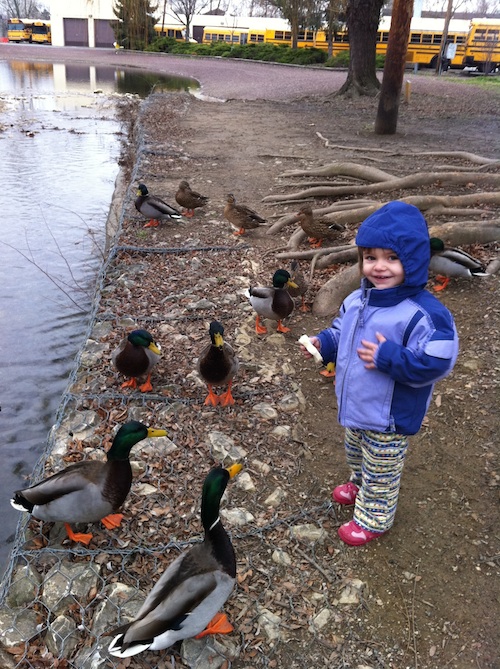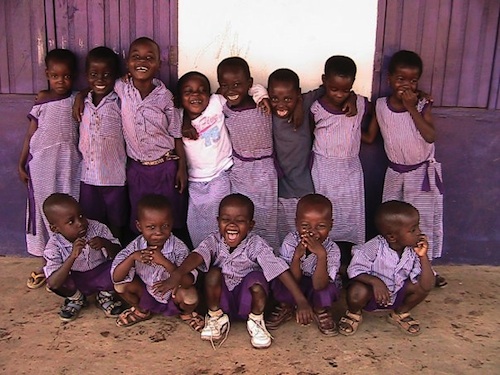Serendip is an independent site partnering with faculty at multiple colleges and universities around the world. Happy exploring!

"Write What you Know"?
I took to heart one specific line in the Stallybrass piece, "The cure for the disease called thinking is work." I'm a creative writing junkie, and I took Short Fiction II last semester with Karen Russell who said, that the worst piece of writing advice she ever received was to, "write what you know." Writing only about your experiences is a hindrance. After all, even if you've never worked on a farm, can't you imagine what it would be like? Limiting yourself in this way is a "disease", one that can be cured, as Stallybrass suggests, by work. Thinking, and over thinking, and then rethinking your over thinking just to make sure your work is based justly, isn't beneficial to anyone. Just write. Just work. Let horrible prose or hypotheses or whatever be written. It's better to write junk than nothing.

"The Source Material Is the Most Original"

Yeah, since I like to "bend" the rules, I'm posting about something different from academic writing within a particular discipline. :)
As I've mulled over our class discussion and the reading for the week, I've started to notice a trend. There seems to be a binary between that which is citable (so the source material) and the paper, or equivalent, that we are creating that takes from the source material. However, I don't think that this is the case. Rather, I don't think that what we consider to be the source material is completely original. I think that the "source" is not limited to just the one piece of material. Instead, it is infinite and can't trace where the source actually begins. I'm using an image of reflective mirrors (as is seen above) to demonstrate my point.

[360] Learning and Narrating Childhoods: About This 360
Learning and Narrating Childhoods – A 360 taught by Pim Higginson (French and Francophone Studies), Alice Lesnick (Education), and Rob Wozniak (Psychology). Professor Higginson's course is "Teaching (in) the Postcolony: Schooling in African Fiction." Professor Wozniak's course is "Culture and Development." Professor Lesnick's course is "Literacies and Education."

360° is a new interdisciplinary experience that engages several aspects of a topic or theme, giving students an opportunity to investigate thoroughly and thoughtfully a multitude of perspectives. A cohort of students takes a cluster of classes over the course of a semester, focusing on the history, economic concerns, cultural intersections and political impact of an era, decision, event, policy, or important scientific innovation. 360° participants hone their arguments and insights through writing and research, develop strategies for teamwork that push the limits of their talents and creativity, and work with professors and scholars to promote big-picture thinking.

[ED250] Resources about Titagya Schools and Ghana
Titagya Web site http://titagyaschools.org/wordpress/
Leslie Dodson, Don't misrepresent Africa.
Chimamanda Adiche, The danger of a single story. http://www.ted.com/talks/chimamanda_adichie_the_danger_of_a_single_story.html

[ED250] Titagya Blog
A resource: the blog for the partnership between Titagya Schools and the Bryn Mawr/Haverford Education Program.
From the Titagya blog,
This web page is designed as a place to collect and generate ideas, experiences, and connections useful to developing a partnership between the Titagya program to build preschools and kindergartens in Northern Ghana and the Bryn Mawr/Haverford Education Program, at Bryn Mawr and Haverford Colleges, outside of Philadelphia Pennsylvania. To begin, the partnership is focusing on exploring cross-cultural curriculum development, with a focus on the themes of conflict resolution and the role of creativity, interaction, and play in learning.

We will not be actively contributing to this blog in ED250, but it is still a repository of learning from Bi-Co students in past Education classes.




